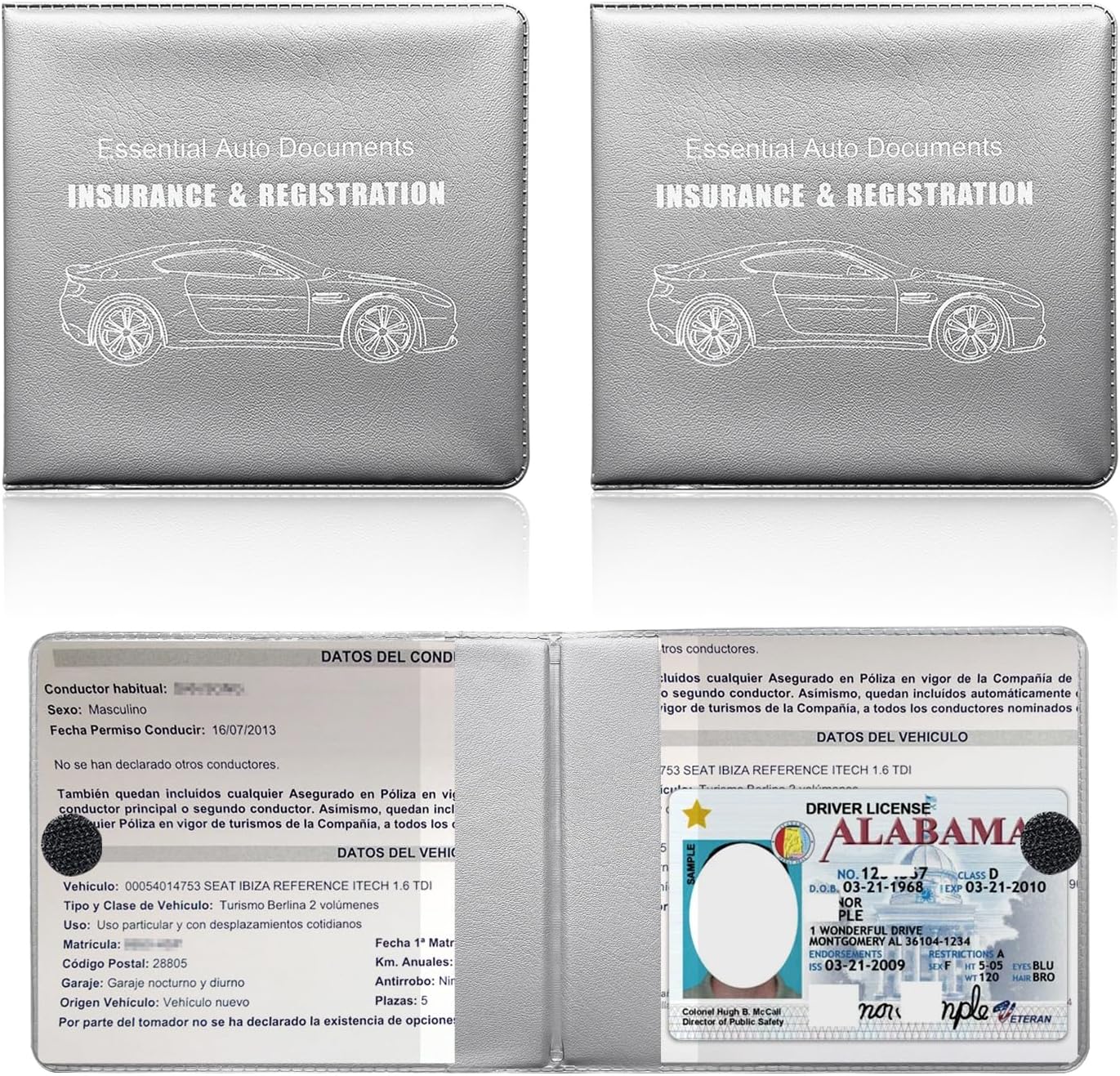Essential Paperwork for Your License: A Simple Guide

When it comes to obtaining a license, whether it's for driving, hunting, or operating a business, the paperwork can seem daunting. Understanding what documents you need to prepare can streamline the process, save time, and prevent unnecessary complications. This guide will walk you through the essential paperwork required for various licenses, ensuring you're well-prepared to tackle the application process with confidence.
Why Paperwork Matters for Licensing

Before diving into the specifics, it’s crucial to understand why paperwork is so important in the licensing process:
- Verification: Documents help verify your identity, qualifications, and eligibility for the license.
- Compliance: They ensure you meet all legal and regulatory requirements.
- Record Keeping: Keeps your information on file for future reference, renewals, or background checks.

Types of Licenses and Their Paperwork

Driver’s License

Getting a driver’s license is one of the first major milestones for many individuals. Here’s what you might need:
- Proof of Identity: Birth certificate, passport, or any government-issued ID.
- Proof of Residency: Utility bills, lease agreement, or rental contract.
- Proof of Social Security Number (SSN): SSN card, W-2, or pay stub.
- Driver’s Education Certificate: For first-time licensees in many regions.
Business License

Starting a business involves a different set of paperwork:
- Business Registration: Articles of Incorporation or Certificate of Organization.
- Fictitious Business Name Statement (DBA): If operating under a name other than your legal one.
- Tax Registration: Employer Identification Number (EIN) from the IRS.
- Zoning Permits: Depending on the location of your business.
- Health and Safety Permits: For businesses that involve food, childcare, or similar services.
Professional Licenses

Certifications for professions like medicine, law, accounting, or engineering require:
- Educational Documentation: Diplomas, transcripts, and certifications.
- Character References: Letters from colleagues, employers, or professors.
- Experience Verification: Proof of work experience, often in the form of a resume or employer letters.
- Professional Exam Results: Score reports from licensing exams.
- Criminal Background Check: Fingerprints or other forms of criminal history check.
Navigating the Paperwork

Here’s how you can navigate through the paperwork required for various licenses:
- Check Your Eligibility: Before you gather any documents, ensure you meet the basic requirements for the license you’re seeking.
- Make a Checklist: Create a list of all the documents needed. This will help you keep track and ensure nothing is missed.
- Gather Documents Early: Some documents might need to be requested from other institutions or agencies, which can take time.
- Use Certified Copies: For important documents, use certified copies or keep the originals safe.
- Application Forms: Fill out application forms meticulously, checking for completeness and accuracy.
Digital vs. Physical Documents

With the advent of technology, many agencies now accept digital copies of documents. Here are some key points to consider:
| Type of Document | Submission Format |
|---|---|
| Scanned Copies | PDF or Image Format |
| Online Forms | Filled Online, Print and Sign for Submission |
| Photocopies | Physical Submission |

⚠️ Note: Ensure that digital files are clear and legible. Poor quality scans can lead to delays or rejection of your application.
Common Issues and How to Solve Them

Sometimes, applicants encounter issues during the application process. Here are some common problems and solutions:
- Lost Documents: Keep backups of all your documents, either digitally or physically.
- Expired Documents: Check the expiration dates on documents like passports or driver’s licenses.
- Incorrect Submission: Double-check all forms and documents before submission.
To wrap up, obtaining a license, no matter the type, requires you to navigate through a variety of documents, each serving a specific purpose in verifying your eligibility and compliance with regulations. By understanding what documents are needed, how to prepare them, and anticipating potential issues, you can streamline your licensing journey. Remember to stay organized, prepare ahead of time, and if possible, opt for digital methods to simplify the process.
What if I don’t have all the documents required for my license?

+
If you’re missing documents, reach out to the issuing authority or agency to inquire about alternatives or provisional licenses. Sometimes, you might be able to provide additional evidence or undergo further checks to compensate for the missing documents.
Can I apply for a license if I’m not a resident?

+
Residency requirements vary. Some licenses, like a driver’s license, often require proof of residency, but there are exceptions, especially for certain professional licenses where state-specific qualifications are not as stringent.
How long does it take to get a license once paperwork is submitted?

+
The time can range from a few days to several weeks, depending on the complexity of the license, the agency’s backlog, and whether all documents are in order. Professional licenses often take longer due to the verification processes involved.



